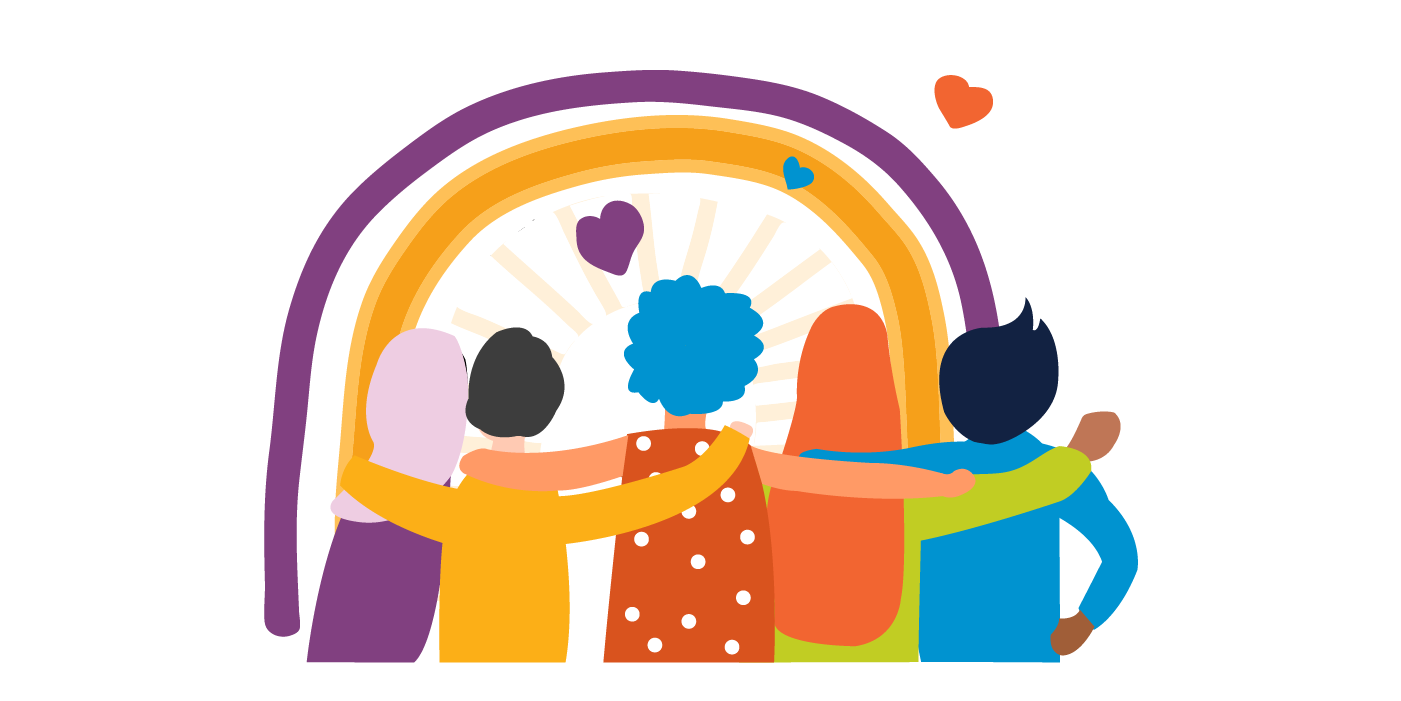Self-Care for Mental Health Professionals
It’s well known that mental health professions are associated with burnout. That risk increases when the general population faces prolonged stress, psychotherapy is in higher demand, and students’ needs—both remote and in-person—are more taxing.
Even when patients don’t have complex treatment plans, psychotherapy can contribute to a risk of burnout. Psychologists can easily grow exhausted by addressing the same stress without new solutions, says Natalie Dattilo,, PhD, a clinical psychologist at Brigham and Women’s Hospital in Boston. Before the pandemic, she says, patients presented with diverse problems; now, there’s not as much variety, and there are constant reminders about how difficult life is for everyone.
Here are some practical strategies for incorporating self-care into your life and work, as suggested by fellow psychologists.
Go back to basics
The first step to ensuring your own well-being is monitoring your own stress levels and how they’re affecting you emotionally and physically. Rodriguez encourages prioritizing attention to one’s body: Ample sleep, a nutritious diet, and routine exercise are building blocks for well-being, and they support the ability to cope with stress.
To ensure these practices make it into your daily life, Wise recommends building a routine—scheduling time to break for meals, setting an alert to remind you of a reasonable bedtime, and leaving your shoes by the bed as a signal to go for a morning walk.
Take a proactive approach
If you tend to see self-care as a last-ditch effort to restore dwindling energy, try shifting your perspective, suggests Diane Bridgeman, PhD, a current board member of the Monterey Bay Psychological Association and former chair of ACCA. Rather than a reactive strategy, self-care should be seen as a comprehensive method of ensuring you—and your clients, staff, or students—thrive.
“How you define self-care is important,” she says. “It’s not just about being OK, but about flourishing, which requires de-stressing from everyday problems before they become serious.”
Establish work boundaries
The demands on your time and attention may be more intense than ever, which is why it’s so important to limit how much you devote to work. Now that many professionals are working from home, it’s even easier for work to trickle into hours normally reserved for rest or recreation.
On top of clarifying when you work, reconsider how much you work and with whom.
You may also want to rethink your patient load and what types of patients you take on—especially if more work would interfere with your ability to take care of yourself and support your patients.
Seek out support
It’s easy to isolate in chronic stress, especially when getting together with a friend or family member in person might not be a safe option. According to Rodriguez, feeling disconnected only compounds the original stress.
Prioritizing social interaction with friends and family can be helpful. But a professional outlet is meaningful, too. To take advantage of community support, you can also find a mentor, connect with your supervision group, or reach out to professional organizations such as APA or the Association of Black Psychologists for resources.
Embrace flexibility
Look for creative ways to replenish your reserves. As easy as it is to zone out by scrolling news or social media when you’re tired, keep in mind that form of stimulation—which Wise says is called “hyperreality”—only serves to add stress. Instead, schedule events or activities you can look forward to that also encourage a sense of mastery, such as a home project or a physically distanced outdoor activity you enjoy.
Practice self-compassion
At its core, Dattilo says self-care is about self-compassion. Practically, that means recognizing your own limits and, if necessary, letting yourself off the hook. For example, you may not accomplish as much as you did in previous years, and your patients or students may not make major strides, either. That’s OK.
Excerpted from “The Ethical Imperative of Self-Care for Mental Health Professionals” from the American Psychological Association. Read the full article for more details.
Source: APA | The Ethical Imperative of Self-Care for Mental Health Professionals, https://www.apa.org/monitor/2021/04/feature-imperative-self-care | © 2022 American Psychological Association
Sign up for the CHC Virtual Village to receive weekly email updates about upcoming news, events and resources related to your interests.





